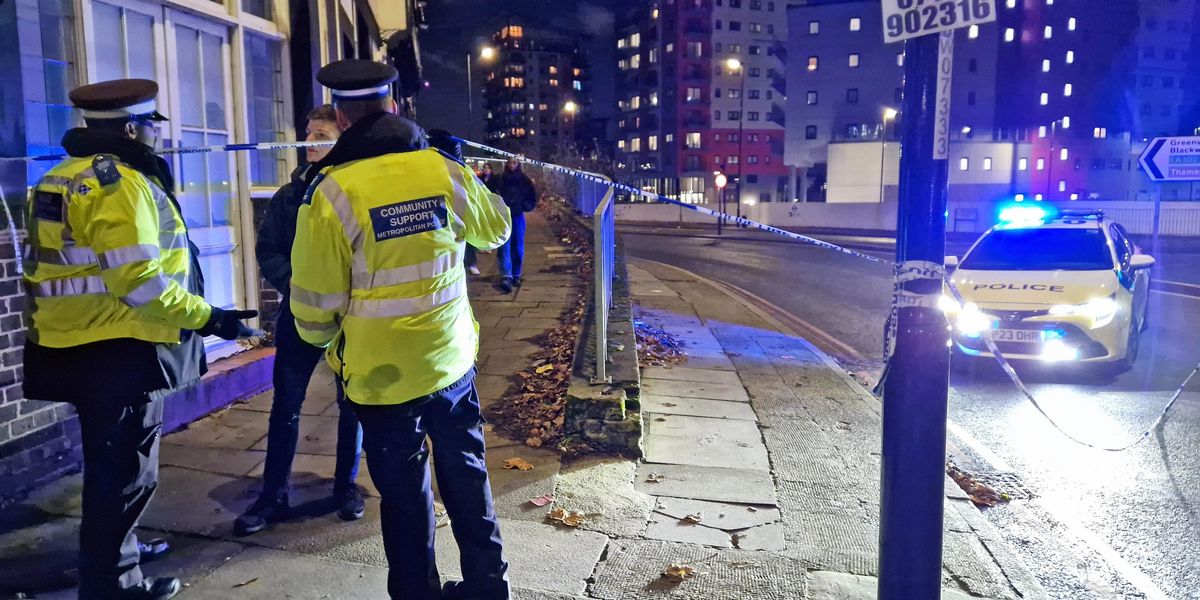Prof Danese is quick to stress that he is not arguing young people do not need support. Instead, he suggests they perhaps just need a different sort of help to that which is currently on offer – alongside earlier identification of those at risk of developing the most serious mental health problems.
For Prof Danese, the true meaning of resilience isn’t what it may at first appear. Emotional resilience, he says, isn’t just about the individual coping by themselves, but about the backing they receive from friends, family and community too, whether through community centres, sporting opportunities and social events.
But some of these opportunities have been lost, he says, nodding to a withdrawal of funding in the past and the closure of some networks that can provide support to young people.
Mr Jones agrees, arguing young people should be offered greater access to activities that connect them with their community and build friendships. He also says there needs to be non-clinical support for issues such as housing and employment as well as more more personalised therapies.
There are examples of projects offering this kind of joined-up help, often in partnerships between councils, charities and, sometimes, the NHS.
Mr Jones points to The Nest in south London and the Young Person’s Advisory Service in Merseyside as two schemes that take a flexible approach, offering a diverse range of support, including employment training, budget and benefits advice.
The problem is that more generally, the current prevailing approach embedded across most of the NHS is not conducive to bringing networks together in this way.
“We need to rethink the mental health system for young people in its entirety,” argues Mr Jones.
So, perhaps the question at the heart of the mental health crisis is less about whether young people are resilient enough – but whether they can access sufficient support to become so.
Additional reporting by Tara Mewawalla
Top image credit: Getty






